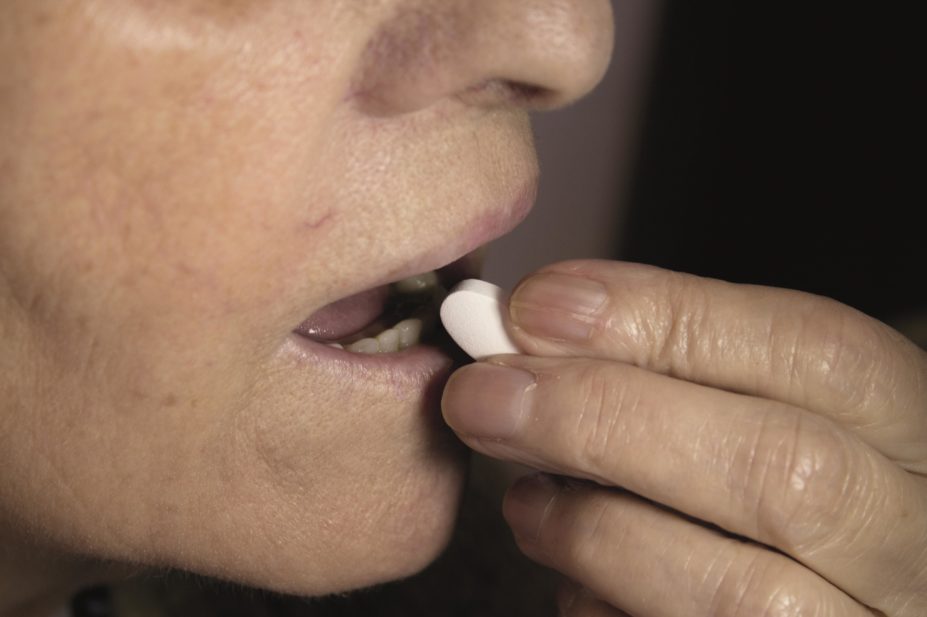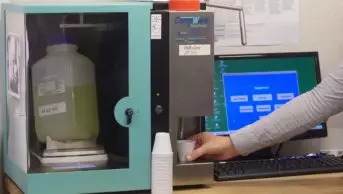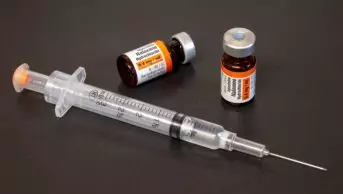
Shutterstock.com
A five-year research programme has been launched to develop and test a pharmacist-led intervention for patients taking regular opioids for long-term pain.
Led by researchers at Keele University and funded by the National Institute for Health Research, the ‘proactive clinical review of patients taking opioid medicines long-term for persistent pain led by clinical pharmacists in primary care teams’ (PROMPPT), will use a range of methods to find out about patients, pharmacists and GPs’ experiences and views on the use and management of opioids for long-term pain.
The aim of the programme, which was launched on 3 October 2019, is to design a new way for clinical pharmacists to work with teams in GP surgeries to review patients who are taking opioids for long-term pain.
In the first stage of the programme, the researchers will be collating views via the Q-PROMPPT blog, an online discussion forum where patients can share their experiences and views about living with long-term pain and taking pain medicines, such as opioids.
The Q-PROMPTT blog will be open for 8–12 weeks and a new discussion topic will be added every few days.
During the first year of the programme, the researchers will also be conducting an interview study with patients, clinical pharmacists and GPs.
Once all results are collated and analysed alongside best practice guidance, a pharmacist-led intervention, also called PROMPPT, will then be designed and tested on a small scale in GP surgeries in the West Midlands.
Julie Ashworth, senior lecturer in pain medicine at Keele’s School for Primary, Community and Social Care and co-lead of the PROMPPT programme, said: “By really understanding the views of people with experience of long-term pain and using opioid painkillers through the online blog, we can develop a clinical pharmacist review that is relevant, useful and appealing to the people who will use it.”
The programme will culminate in a full-scale trial with more than 1,000 patients across three regions of the UK to test whether delivering PROMPPT in GP practices will lead to a reduction in opioid use without having a negative impact on patients’ pain levels.


